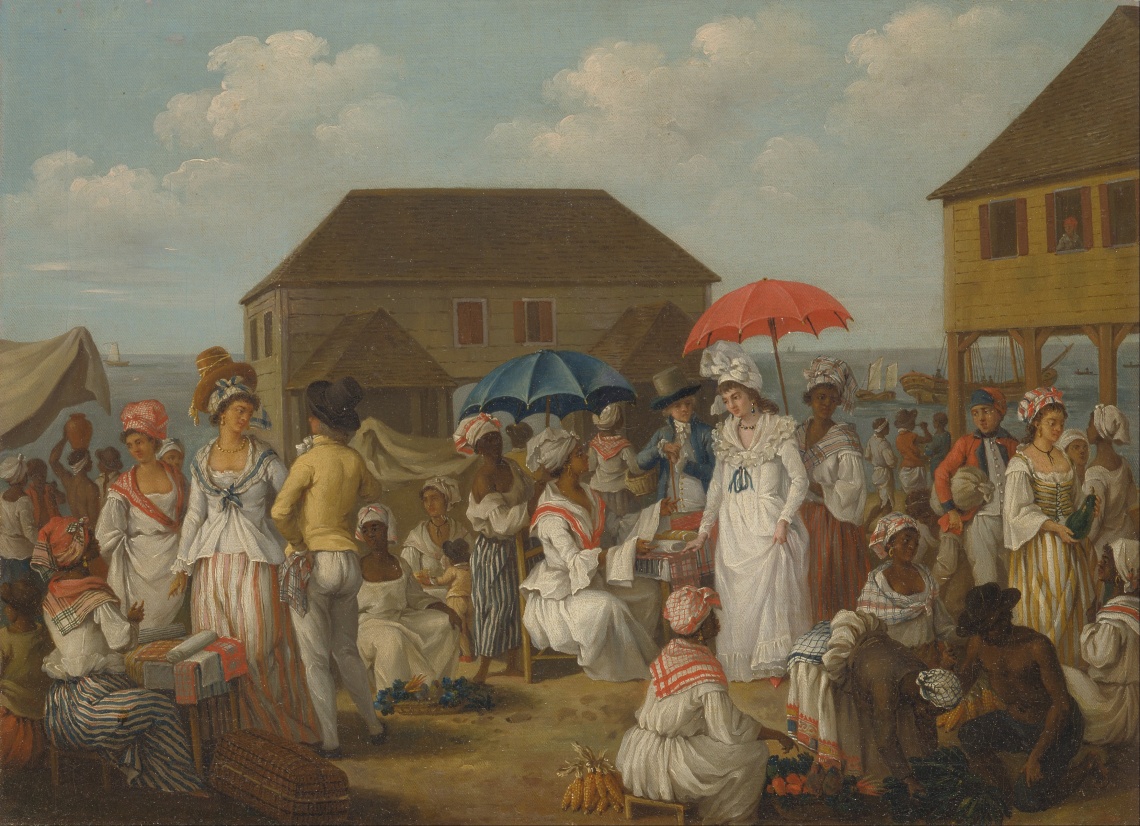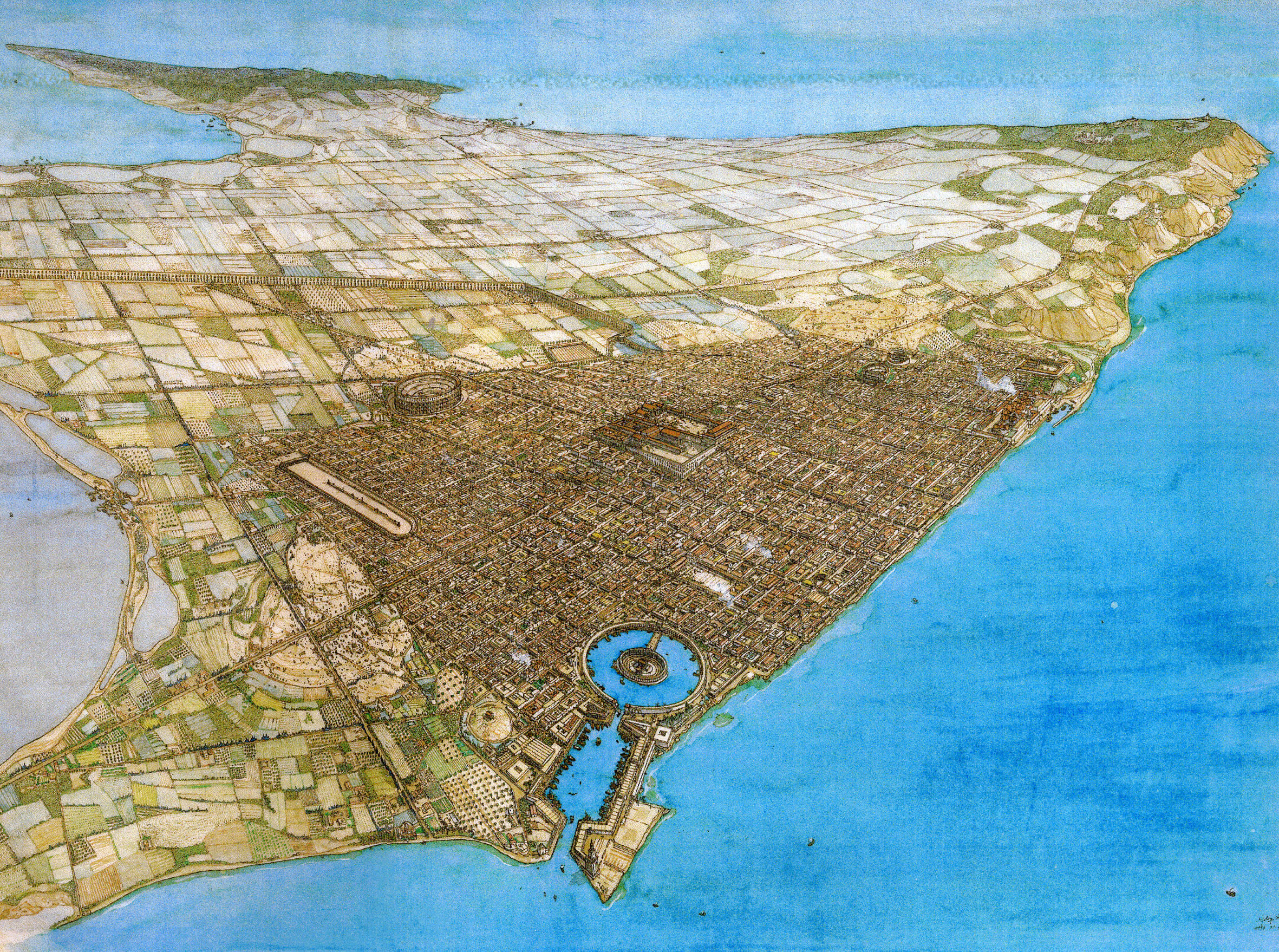In the last few decades, in adopting a culture of guilt, no shame has become greater than that of our forefathers. The ‘Empire’ has been jeered and criticized to the point of mass contemption, transforming a once proud declaration, to an accusation, or a derogatory term— A disconnect with history that has left many scratching their heads, attempting to piece together the ‘barbarism’ of the past. The problem is, with the newfound comforts of our modern societies, it becomes too easy to draw lines of morality in the sand and pick apart history to fit a narrative which falls in line with our personal ideologies. In part, this demonization has stemmed because modern perspectives have veered, largely nurturing individuality. However, no nation of pure individuals can survive without social entropy, unless there is some extrapersonal body of persuasion influencing the mass of the group. This is where the Empire thrives.
ORDER
No body of government can claim to have order as neatly packaged as that body which governs an Empire. Africa prior to European exploration and the Berlin conference — which divvied up the Greater African continent between existing European powers — outlying the North, and sections of the Western Sub-Sahara, was largely unregulated; anarchic outside the safety of the local tribes and kingdoms, and even then, that local protection was questionable. Yet the policy to encourage even a modicum of order in lawless places, creating substitutes for sovereignty in exchange for a broader sense of safety, has come under perpetual scrutiny with not one word of mention going to the provisions supplied in the form of law, and the structural foundations of philosophical morality laid down by more developed nations. This, often extends to most subjugates of an Empire.
Practiced since the 4th Century B.C.E., Sati, in India, forced a widow of a deceased husband to immolation by fire— although some forms took to live burial; slow, and perhaps more grotesque than the former.
“I ought to observe that the utmost indifference, without any symptom of the remotest compassion, prevailed among the whole of the spectators…. But instead of this the agonies of the dying victim are completely concealed, while her shrieks are drowned in the noise and shouts of the ignorant multitude and the unfeeling ministers of death….”
– R. Spence Hardy
The practice was swiftly banned by European Empires of whose dominion it tainted: the Portuguese in Goa, the Dutch and the French in Chinsurah and Pondichéry, and the British in broader India. Likewise, old traditional tribal practices which disregarded the welfare of individuals were being stamped out by force throughout the Empires. Essentially, came a statement of authority: ‘You may have a tradition of mutilating your women, but we have a tradition of lynching the mutilators of women‘.
Order, just as well, came in the form of protection for minorities. Central to the rule of the Ottoman Empire was its degree for tolerance, precisely because the Ottoman’s governed a mélange of sundry religious sects and racial ethnicities from Europe and Arabia, to Africa. No better example was there of this than the Jews, who, throughout time, had suffered a turbulent, migratory history. Within Anatolia, Jews embraced the conquests of the Osmanlı Hanedanı, because under their rule, Jews knew relative safety. In fact, this arm of protection extended so far as to introduce the first measures animal welfare regulations. For the first time, endangered species were beginning to come under the protection of Europeans who set up laws and reserves to protect tigers, rhino’s, elephants, and etc.. A protection, which, in the Second London Convention of 1914 began to include transboundary conservation policies to protect animals in their migratory patterns across border lines.
UNITY
One could argue that the greatest achievements of Imperial rule throughout time, came in the form of Unity. It’s the act of conquest — which, by initial observation, is dismissed as morally reprehensible — that, perhaps ironically, becomes the driving factor of unification. Behind this, is the documented cyclical patterns of rule and the derived sense that, a nation with mightier artillery can stifle the conflicts between warring groups and converge them under one banner by the heavy hammer of law and order.
The most relevant, and simultaneously controversial example lies in the adopted remnants of the New World. Of course, the Americas could not stay under perpetual isolation. Just as it had been throughout history, disease transported from the newly arrived Westerners reared its vile head and spread through the populace to reap the lives of millions— an unfortunate inevitability. It’s also worth noting that the Spanish came at the perfect time, as the Aztec civilization continued to expand, capturing neighboring tribes and marching many to slaughter. The conquistadors served as a tip of the spear to ensure success for the enemies of destruction. And of course, the forceful conversions of the natives to Catholicism could not be examined without context, as Spain had only recently united after fighting off Moorish Islamists for centuries prior. However, even regarding that, what was born in the aftermath of the sword and pistol, was nothing short of a glimmering jewel; Latin America.

Before this unity, approximately 296 pre-contact spoken languages were dispersed throughout the continental United States and Canada alone. This sits in stark contrast with the state of modern Latin America, where communication is dominated by just two tongues. What is important to note, is not the regulation of native laws, but the cultural hegemony that led the successful unifaction of thousands of varying groups, all at once, like an uninhibited wildfire. The outcome of New World exploration was the creation of an entirely new race of people: the ‘mestizos’, spread under variants of the same culture and language. The perfect case study for multi-ethnic life. In essence, Empires were the largest perpetrators of multiculturalism, and strictly speaking, the most effective forms of multiculturalism the world has ever seen. Due to the transformative policies of European conquest, the New World had become a hub for individuals from Europe, Africa, and the Americas together to form new ethnicities and create new legacies.
DEVELOPMENT
Turn the page to Roman antiquity, and find in its ink, a pattern of continual development. Rome sustained such a long period of prosperity, largely because her subjects were, more often than not, happy. Storming boots, came with aching arms, as builders and distributors of technology previously unprecedented. Her embrace, whether by pen or blood, came with the assurance of trade, and boundless amelioration. Towns, grew into cities, developed by Roman money— and cities, once suffering, flourished with the paved roads and fresh aqueducts (among countless introduced luxuries) which allowed money and water to flow freely, and by request, to a larger populace. It’s when I think of this development, that I turn to the classic Monty Python skit in which a fictional Brian and Judean separatists attempt to air their grievances on Roman rule:
- Reg: And what have they (the Romans) ever given us in return?
Xerxes: The aqueduct.
Reg: Oh yeah, yeah they gave us that. Yeah. That’s true.
Masked Activist: And the sanitation!
Stan: Oh yes… sanitation, Reg, you remember what the city used to be like.
Reg: All right, I’ll grant you that the aqueduct and the sanitation are two things that the Romans have done…
Matthias: And the roads…
Reg: (sharply) Well yes obviously the roads… the roads go without saying. But apart from the aqueduct, the sanitation and the roads…
Another Masked Activist: Irrigation…
Other Masked Voices: Medicine… Education… Health…
Reg: Yes… all right, fair enough…
Activist Near Front: And the wine…
Omnes: Oh yes! True!
Francis: Yeah. That’s something we’d really miss if the Romans left, Reg.
Masked Activist at Back: Public baths!
Stan: And it’s safe to walk in the streets at night now.
Francis: Yes, they certainly know how to keep order… (general nodding)… let’s face it, they’re the only ones who could in a place like this.
(more general murmurs of agreement)
Reg: All right… all right… but apart from better sanitation and medicine and education and irrigation and public health and roads and a freshwater system and baths and public order… what have the Romans done for us?
Xerxes: Brought peace!
Reg: (very angry, he’s not having a good meeting at all) What!? Oh… (scornfully) Peace, yes… shut up!
Looking to a more recent example, trade throughout European Empires were devoid of the protectionist policies which exist today, allowing for low-cost goods to be distributed both ways. Libertarians would praise this era as a fiscal renaissance within the world market. India began receiving around 25% of British exports at staggeringly cheap prices. Colonial-run economies grew at an astonishing 4.49% per year compared to the 0.69% growth of closed economies. Flow of capital, goods, and people ran like water. Money trickled out (as it does with Empires), to develop previously ignored populations at the corners of the globe. In fact, 5x more money was being invested in third-world countries in 1913 than in the 1990’s, partly because, the degree of security that comes with the overarching reach of an Empire encourages foreign investment, over the insecurities of more corrupt, foreign rulers, with less accountability and no assurance of stability. Economies grow when there’s a reasonable expectancy of a return of capital.
The Empire develops as it consumes, and consumes to develop. Expansion means the accruement of wealth and territory, which in turn, supplies fresh minds, with monetary motives, and the safety and structures to nurture new ideas. This is where Imperial development reaps what it sews. The delivery of fresh perspectives, becomes an active, and fruitful supply. An endless cycle from head to tail as long as the strength of said Empire persists. Development, which, of course, runs through the masses to benefit humanity as a whole.
This, ultimately, is the legacy of Empires— of Imperialism. Not one which raises up the vices of men against men, but instead, aims to suppress those vices in favor of growth. Through order, unity, and development, the legacy of Imperialism, even while berated, will ring through time as a triumphant example of human progression and achievement.

